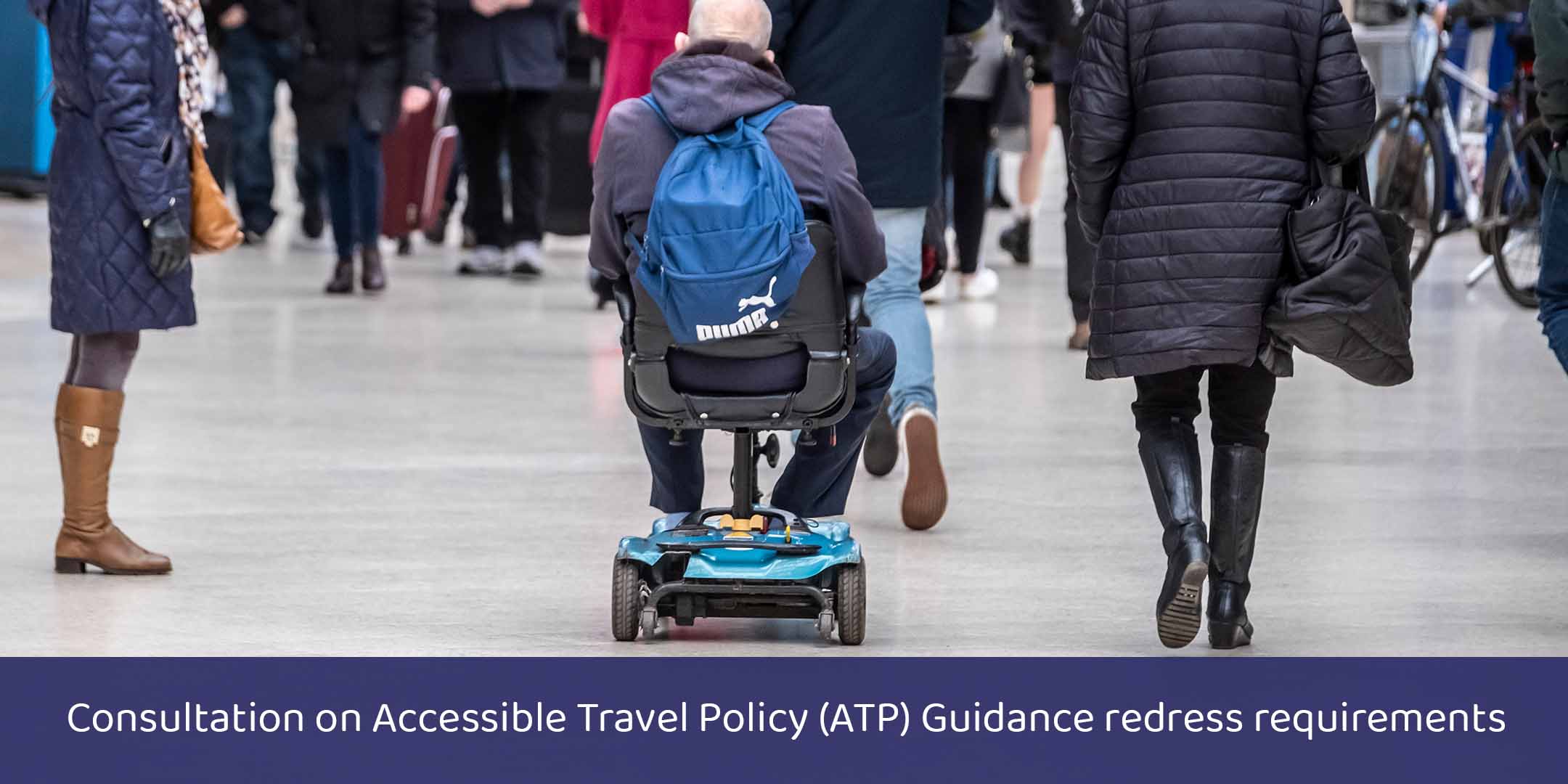
Executive summary
1. The Passenger Assistance service enables older and disabled people to access the rail network. When passenger assistance is delivered, passengers are generally satisfied with their experience. However, assistance is still not reliable enough. Between 1 April 2023 and 31 March 2024, 12% of passengers who responded to our survey reported that they did not receive any of the assistance they had booked.
2. Redress is a way that operators can seek to put things right for a passenger where they have failed to deliver assistance as booked. For all redress claims submitted by a passenger, operators must provide an explanation of what went wrong, what steps they have taken to prevent the failure from happening again and an appropriate remedy. This could take a variety of forms, such as an apology, a gesture of goodwill, and/or financial compensation.
3. ORR’s requirements on redress for failed assistance were first set out in our Accessible Travel Policy (ATP) Guidance in 2019 (subsequently updated in September 2020) (“our ATP Guidance”). The Guidance places responsibility for determining the form and, where appropriate, value of redress with the operator.
4. A case-by-case approach to determining appropriate redress is currently set out as good practice in our ATP Guidance. A number of operators’ ATPs can be seen to adopt a case-by-case approach.
5. We are now consulting on amending our ATP Guidance to require all operators to assess and determine appropriate redress on a case-by-case basis. This would mean that we would no longer approve ATPs which stated or implied that the form or value of redress would be limited or linked just to the ticket price or a multiple thereof. We are also seeking evidence on the wider framework for redress.
6. Consultation questions are embedded within the text of this document and collated at Annex A. Responses are invited by 5pm on 11 July 2025.
7. We will consider responses to this consultation before making any decisions later this year. If we decide to make changes to our ATP Guidance following this consultation, then operators may be required to amend their ATPs and to re-submit them to us for our approval.

